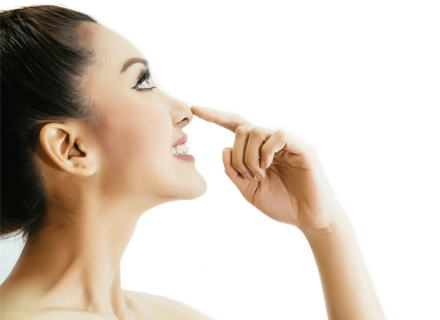Table of Contents
ToggleThe most common questions that people ask about rhinoplasty surgery
Rhinoplasty Frequently Asked Questions : What are the differences between rhinoplasty and septoplasty?
Rhinoplasty is a surgery to change the shape of the nose. Because both breathing and the nose’s shape are interrelated, a rhinoplasty may sometimes be performed not only to change the way the nose looks but also to improve breathing through the nose.
Septoplasty is a surgery to improve breathing by straightening the wall inside the nose that divides the nasal passages into a right and a left side (nasal septum). When the septum is crooked, it can make it harder to breathe through the nose. A septoplasty is often combined with a rhinoplasty.
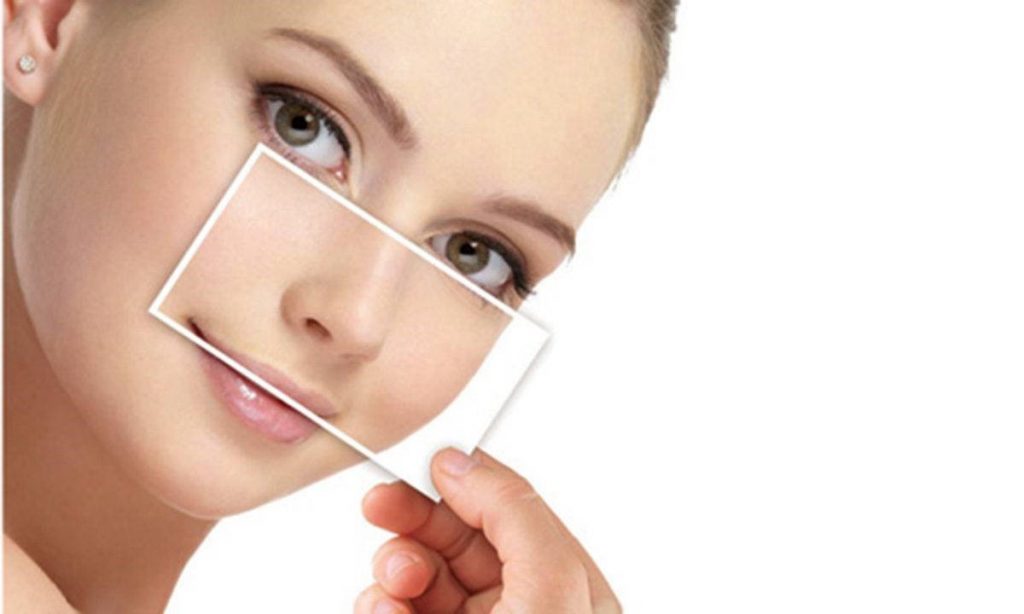
Is rhinoplasty a high risk operation?
Yes. Rhinoplasty is a challenging operation. This is due to several factors. First, the nose is a complicated 3D shape that is in the middle of the face. Changes made during rhinoplasty are often very small. But these changes can make a major difference in the way the nose looks and functions. Because these changes are small, so is the margin for error.
Swelling and the placement of local anesthetic in the skin distort the nose during surgery, hiding many of the subtle changes made. Rhinoplasty also doesn’t have a standard plan or set order of steps. Doctors tailor each operation to the needs of the patient.
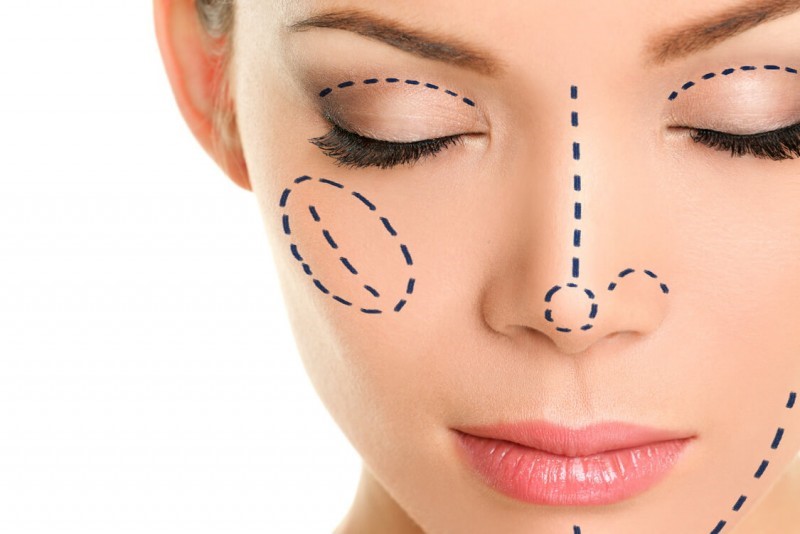
Rhinoplasty Frequently Asked Questions : Do I have to stay in the hospital?
Nearly everyone who has rhinoplasty is able to safely leave the hospital the same day after surgery. In rare cases, you may stay in the hospital for one night if you’re having a hard time with nausea or have other health problems that need to be monitored.
When am I going to heal?
You should skip work, school or other obligationsfor almost a week . You will feel progressively better each day during the first week. One week after surgery, people usually feel like they are themselves again.
After surgery, there will be some swelling. The swelling can take many months to resolve, although most people stop noticing it after a couple of months. People are usually back to performing most activities after a week and resuming all activities after two to four weeks.
Is rhinoplasty surgery dangerous?
All surgeries have risks. Fortunately, rhinoplasty risks are small and complications are rare. Your doctor will talk to you about the surgery’s risks and benefits in detail before the operation.
Does insurance pay for a rhinoplasty?
Sometimes insurance pays for a rhinoplasty, but it depends on the insurance policy. Before scheduling surgery, your doctor’s office will help you get prior written authorization from your insurance company. Although this isn’t a guarantee of coverage, it’s the only way to confirm that rhinoplasty is a covered benefit. Sometimes insurance will pay for a part of a nasal surgery, but not other parts. In these cases, you can contact the business office to get a quote for the operation.
Can I see what my nose might look like after surgery?
Yes. Before your consultation, your surgeon will take standardized photographs of multiple views of your face. These photos can be manipulated to give you an idea of what your nose might look like after surgery.
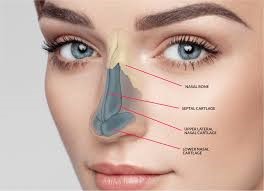
Will it hurt?
Not for most people. One day after surgery, most people rate their pain between 0 and 4 out of 10.
Will you pack my nose?
No. Packing can be very uncomfortable. But you’ll likely have some soft splints in your nose. These splints have a hole in them to make it possible to breathe through them, at least for a few days. Doctors easily remove these splints at the one-week visit.
Am I in risk?
All surgeries have risks. Fortunately, rhinoplasty risks are small and complications are rare. Your doctor will talk to you about the surgery’s risks and benefits in detail before the operation.
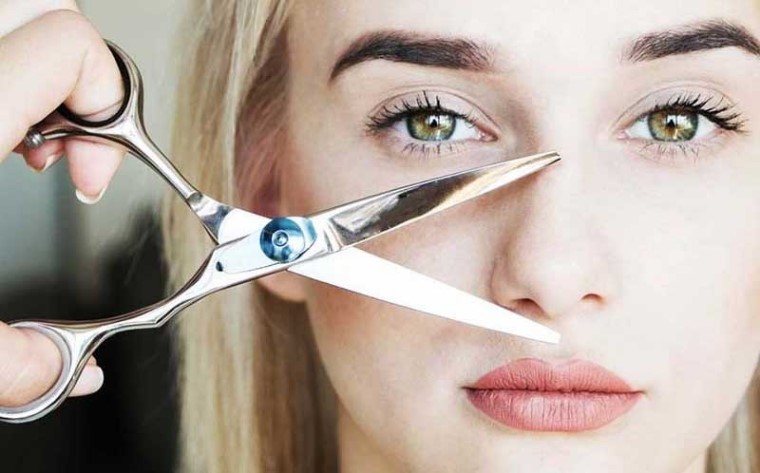
How long will I be bruised?
Bruising is uncommon. If you do have some minor bruising, it usually lasts a week or so.
What skills should my surgeon have?
Plastic surgeons, facial plastic surgeons or otolaryngologists (ENT) perform most rhinoplasties. Training and board certification in one of these specialties is a good starting point. You’ll likely want a surgeon who often performs rhinoplasty.
You’ll likely want a surgeon with a good reputation among patients and other doctors. If your surgeon has published many papers in medical literature related to rhinoplasty and is invited to speak at educational conferences, that is usually one sign that their peers recognize expertise in rhinoplasty.
Make sure that your surgery will be performed in an accredited surgical facility or hospital. You likely should also feel comfortable with your surgeon. Look for a surgeon who can explain to you in understandable terms what is going to happen during your surgery.
What should I eat after rhinoplasty?
For the first 24 hours after surgery, you should eat cool, bland food like soda crackers and ginger ale to minimize the side effects of anesthesia. After a few days, soft foods such as mashed potatoes, smoothies, oatmeal, soup, and Gatorade are recommended. Hot meals and drinks, as well as spicy foods, should be avoided as they can dilate the blood vessels, thereby increasing swelling and bruising. For the first week, Dr. Boyd also recommends avoiding foods that are difficult to chew. By the second week after surgery, you can resume your normal diet.

Will I retain my sense of smell after rhinoplasty?
Due to postoperative swelling of the internal nasal tissues, your sense of smell will be temporarily diminished during your recovery from rhinoplasty. After a few weeks, as the swelling subsides, your sense of smell will return to normal.
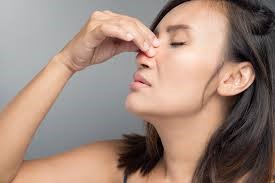
Will I retain my sense of taste after rhinoplasty?
As the senses of smell and taste are profoundly interconnected, your ability to taste may also be temporarily altered during your recovery from rhinoplasty. As the swelling subsides, your sense of taste will return to normal.
Which day after rhinoplasty is the worst?
For most patients, rhinoplasty does not have a particularly painful recovery. Swelling and discomfort tend to peak by day two or three, particularly if you have packing in place, but recovery is usually uphill from there. Packing, if present, is usually removed by the second or third day.
How old do you have to be to undergo rhinoplasty?
You should be at least in your mid to late teens before undergoing nose surgery. Physical maturity of the nasal tissues and emotional maturity of the individual are both essential for this procedure.
When can I sleep on my side after rhinoplasty?
This truly varies from patient to patient. All patients should sleep on their backs with the head elevated for at least a week to minimize swelling. Some may need to continue sleeping on their back for a few weeks after that.
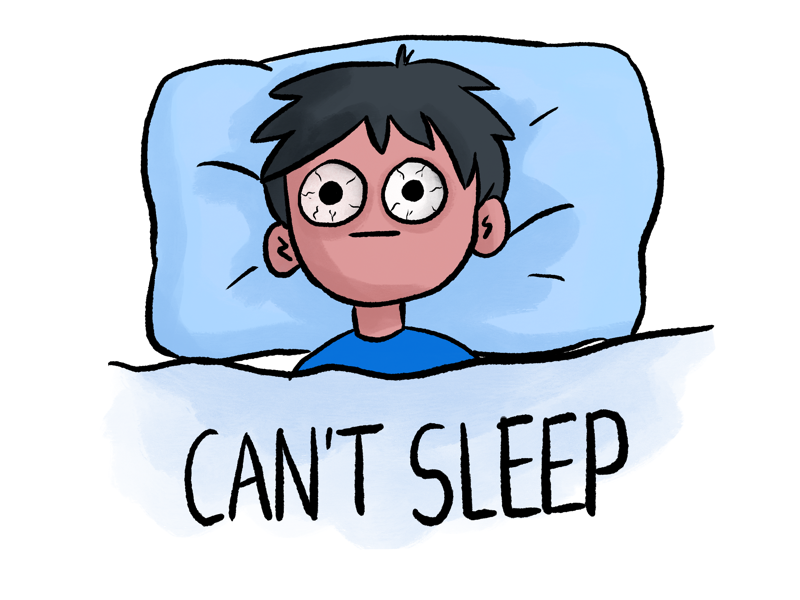
How do I know if I need rhinoplasty revision?
A second rhinoplasty operation on the same patient is often called a “rhinoplasty revision” or a “secondary rhinoplasty.” Operating on a nose that has already had surgery is a much more complex procedure than an initial rhinoplasty. You might need rhinoplasty revision if your previous results did not turn out well. You should wait at least one year after your initial rhinoplasty before pursuing rhinoplasty revision so that your nose has had time to heal. Remember that your nose will continue to change for about 12 months after rhinoplasty; therefore, what initially may have seemed like disappointing results could very well turn out to be exactly what you desired. (Conversely, an initially excellent result may deteriorate!) Another reason to undergo rhinoplasty revision is if you injure your nose after rhinoplasty.
Will rhinoplasty affect my singing voice?
It is very unlikely that rhinoplasty will affect your singing voice, but there is a small chance of a slight change. For instance, if the structure of your nose is changed, especially if your deviated septum is straightened, it may cause you to lose a bit of the nasal quality of your voice. Some singers consider this a good thing, especially if it means they will now have a more open airway for resonance. Because the nasal cavities resonate with the sound of your voice when you sing, structural changes can cause minor changes to the quality of your sound. But when it comes to rhinoplasty and singing, there should not be any concern that it will dramatically and adversely affect your singing voice.

Can I undergo rhinoplasty if I’m a teenager?
Forward growth of the nose is instrumental in facial development. If a rhinoplasty were to be performed on the nose before it is fully grown, there is a chance that normal nasal and, therefore, facial growth will be inhibited. This could adversely affect the development of the upper jaw, or ‘maxilla.’ Generally speaking, nasal surgery should be deferred until growth is complete. However, this varies greatly between individuals. Some children are fully grown at 14; others are not until they are 18 or 19. It is useful to compare the height of the teen with the height of his/her parents in order to assess whether growth has ceased (or perhaps almost ceased). With these provisions in place, many teens struggling with self-confidence issues because of the shape or size of their nose are eligible for rhinoplasty.
Can I get rhinoplasty if I’m sick ?
You should not undergo nose surgery if you have a cold. Swelling of the nasal passages, a bronchial infection, and other common problems with respiratory illnesses can cause complications with your procedure. It is best to postpone your procedure until you are healthy.
Can I get rhinoplasty if I am pregnant?
You should not undergo rhinoplasty or any other elective surgery while pregnant. To do so would put your unborn child at risk. No reputable surgeon would perform rhinoplasty on a pregnant woman.

Can I get rhinoplasty surgery without scars?
The open rhinoplasty technique leaves a small scar at the base of the nose, while the closed rhinoplasty technique hides all scarring inside the nostrils. Therefore, a scarless option (closed rhinoplasty) is available, but whether you qualify for this approach must be determined during your personal consultation. Even if you must undergo open rhinoplasty to achieve your desired results, the scar is usually very inconspicuous.
Can I get rhinoplasty if I a nose piercing?
Having a nose piercing won’t affect nose surgery, but you will have to remove the jewelry piece for the procedure. You will not be able to put jewelry back in your piercing at least until after the splint has been removed approximately one week after surgery. There is a possibility that you may need to re-pierce your nose after rhinoplasty if the hole has closed or if tissue containing any part of the hole has been removed.
When can I wear glasses after rhinoplasty surgery?
Generally speaking, you should not wear glasses directly on your nose for several weeks after surgery, especially if you received nasal bone fractures. If you require corrective lenses, consider wearing contacts for the first month after surgery. Alternatively, you could wear a removable splint to disperse the weight of the glasses during this time.
When can I blow my nose after rhinoplasty surgery?
Most surgeons agree that you should wait at least one week before blowing your nose, though many recommend waiting three weeks or more.

When can I take a bath after rhinoplasty surgery?
You can shower the day after your surgery as long as you avoid getting your nose and packing/splint wet. Take care when rinsing your hair, and use a washcloth to cleanse and rinse your face. You should also use warm water instead of hot water, as steam will likely increase swelling.
When can I drink alcohol after rhinoplasty?
You may resume responsible alcohol consumption once you are no longer taking pain medications. Mixing pain medications with alcohol can lead to serious health issues.

When can I smoke after rhinoplasty surgery?
Patients should quit smoking for at least four weeks before and four weeks after rhinoplasty. You will be better off if you do not take up smoking again at any point after your surgery.
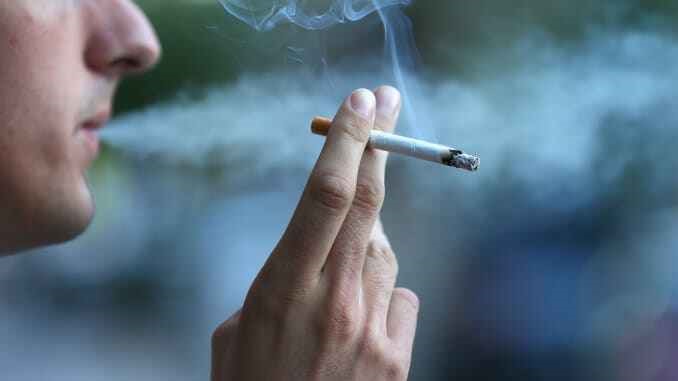
When will I be able to breathe through my nose after rhinoplasty?
Breathing through your nose after rhinoplasty tends to become easier as early as one week after surgery. Nasal breathing will improve over the following weeks and will generally feel back to normal by one to two months after surgery. Patients who undergo a combination rhinoplasty/septoplasty should find nasal breathing to be easier one to two months after surgery than it ever was before surgery.
Rhinoplasty Frequently Asked Questions : Is rhinoplasty a simple surgery?
No. Rhinoplasty is a challenging operation. This is due to several factors. First, the nose is a complicated 3D shape that is in the middle of the face. Changes made during rhinoplasty are often very small. But these changes can make a huge difference in the way the nose looks and functions. Because these changes are small, so is the margin for error.
Swelling and the placement of local anesthetic in the skin distort the nose during surgery, hiding many of the subtle changes made. Rhinoplasty also doesn’t have a standard plan or set order of steps. Doctors tailor each operation to the needs of the patient.
Related Service: Rhinoplasty cost in Iran

